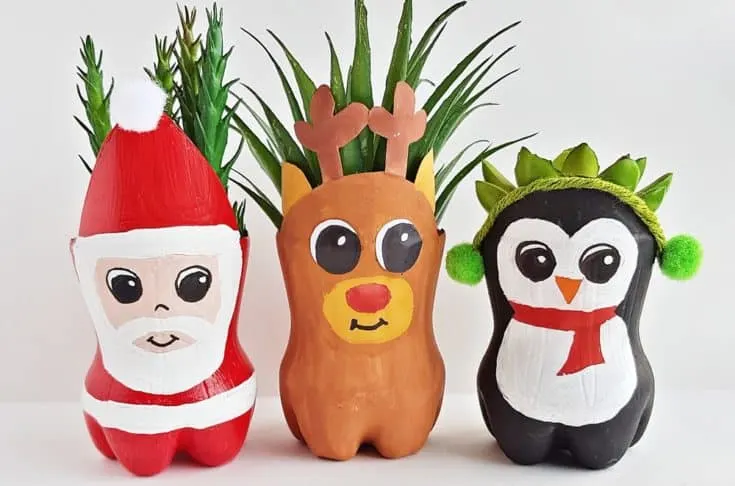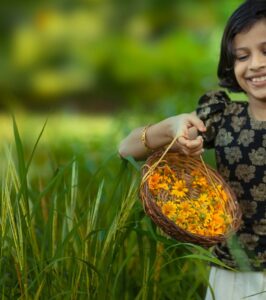When we think back about how we came to be so plastic dependent, we tend to go back to our childhoods. Convenience and necessity trumped sustainable living and the environment in the 80s and 90s. How do we now ensure our children are more conscious of how they consume, especially in this age of instant gratification and relative abundance?
Completely eliminating plastic from their lives is going to be tough and kids will catch on to that. If it is possible, you don’t need this article!
Here are a few things we can start with. The important thing to remember is to involve the children in the process and not make decisions for them, so sustainability is not a chore, but an experience, a way of life.
- Old clothes and footwear: Help children understand the problems in buying clothes that they may outgrow soon. Ask them what they want to do with the clothes or footwear that they have outgrown. Help them find a place to donate gently used clothes, if that’s what they want to do, or upcycle their clothes into new creations, if they are so minded.

Thrift shop in the U.S.
- Try sustainable stationery: Gift your teenagers a fountain pen for a special occasion. Explain to them the advantages of using the same. A study by Young Indians concluded that students went through an average of one pen a week! Cloth stationery pouches and steel or bamboo bottles can go a long way in ensuring sustainability.
- Go green, literally: Help your children grow some plants at home—even if they are just small herbs. It can be a fun project to help them understand some science and botany, but also to reiterate the importance of not wasting food.

Small herb plants that children can grow, in upcycled soda bottle planters!
- Start a plastic inventory: For a month, have your child start a plastic inventory. In this inventory, your child will add all the plastic he/she uses that month. Clean food packets that come in plastic. This would include candy wrappers, plastic pens, plastic bottles of soft drinks, snack wrappers, etc. Compact it using some pressure, if possible and weigh it at the end of the month. The next month, suggest alternate products (blocks of cheese rather than plastic covered slices of cheese, for instance) and weigh again so the child sees firsthand what their plastic usage is. Famous antiplastic crusader Beth Terry did just that with her life!

- Finally, model the behaviour: Children mimic elders, and if you would like your child to start thinking about sustainable living, you must too. This does not mean you have to live a totally sustainable life, but you must show that you are trying to be on the path, at least.
Try these and let us know how it goes with your little ones!

